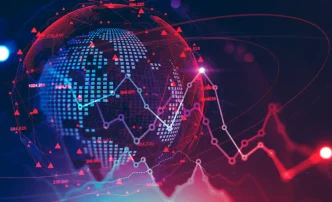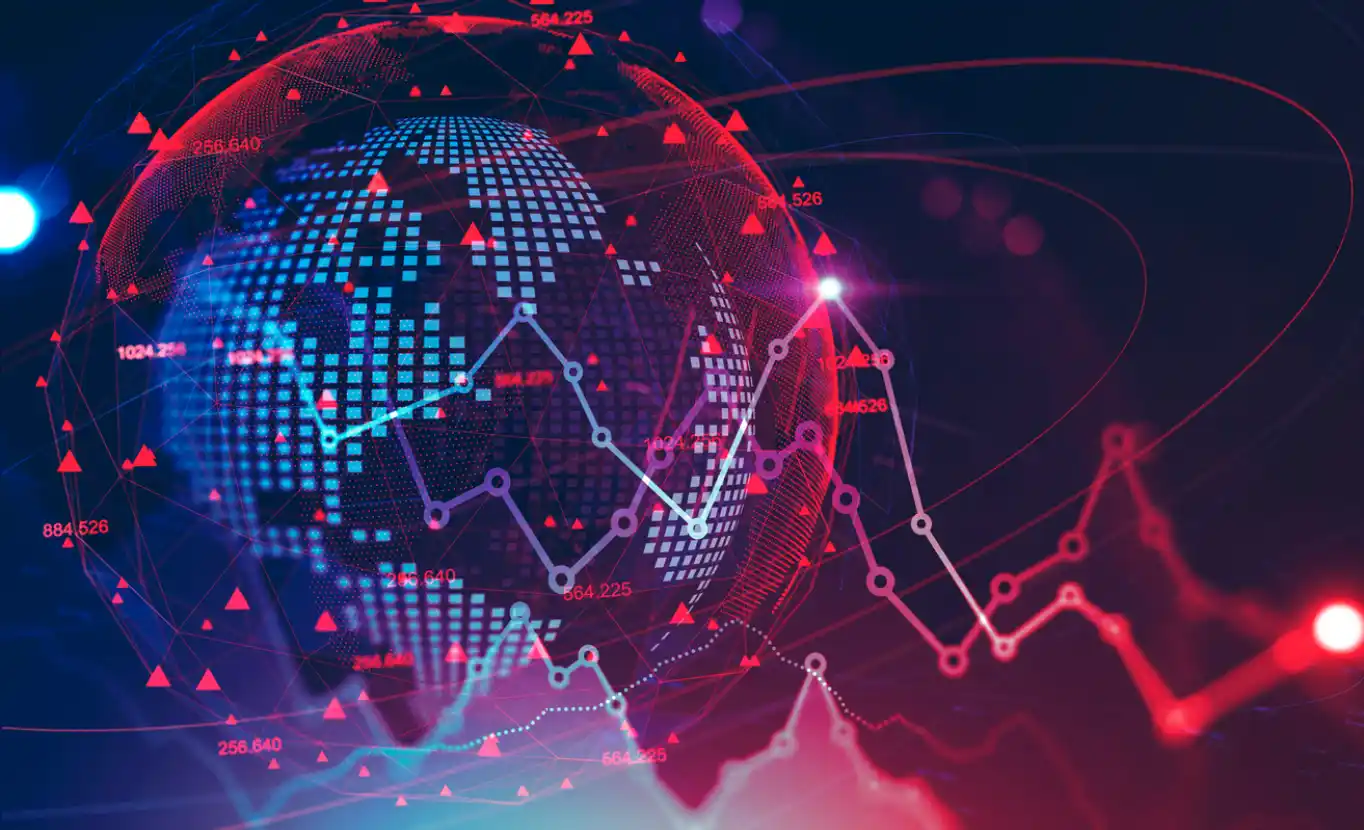The 22nd Shangri-La Dialogue (SLD), Asia’s premier defence summit, opens today at the Shangri-La Hotel in Singapore, drawing representatives from 47 countries, including 40 minister-level delegates. Running from May 30 to June 1, 2025, the forum promises high-stakes discussions on security challenges in the Asia-Pacific region. Yet, amid the anticipation of keynote addresses by leaders like French President Emmanuel Macron, a notable absence looms large: China’s decision to send a delegation from the People’s Liberation Army National Defence University instead of its defence minister, marking the first such downgrade since 2019.
A Historic Keynote and Broader Representation
This year’s SLD, organized by the London-based International Institute for Strategic Studies (IISS), sees a historic first as Macron delivers the keynote speech on the evening of May 30. His address coincides with the 60th anniversary of diplomatic relations between Singapore and France, signaling Europe’s growing interest in the Indo-Pacific’s geopolitical landscape. Malaysian Prime Minister Anwar Ibrahim will also deliver a special address on May 31, adding a regional perspective to the dialogue.
With 47 nations participating—up from 45 in 2024—the forum reflects a broader international showing. Attendees include 20 chiefs of defence forces and over 20 senior defence officials alongside the minister-level delegates. Singapore’s Ministry of Defence (Mindef) emphasized the SLD’s role as a “valuable, open and neutral” platform for exchanging perspectives on defence and security issues since its inception in 2002.
China’s Downgraded Presence: A Signal of Retreat?
China’s decision not to send Defence Minister Admiral Dong Jun, announced just a day before the summit, has raised eyebrows. Instead, a delegation from the National Defence University will represent Beijing, though Mindef has not specified who will lead it. This marks the first time since 2019 that China has opted for lower-level representation at the SLD, a forum where its positions on contentious issues like Taiwan and the South China Sea are closely scrutinized.
Historically, the SLD has served as a rare venue for direct engagement between Chinese and US defence officials. Last year, then-US Defence Secretary Lloyd Austin held talks with Admiral Dong, a meeting seen as a small but significant step in managing tensions. However, no such ministerial-level bilateral talks are expected this year. Analysts suggest China’s downgrade may reflect a strategic recalibration or domestic priorities, though no official explanation has been provided. If confirmed, this shift could limit opportunities for dialogue at a time of heightened regional friction.
US Representation and New Indo-Pacific Ambitions
In contrast, the United States maintains high-level engagement, with Defence Secretary Pete Hegseth leading its delegation. Hegseth, a former Fox News host and veteran of conflicts in Afghanistan and Iraq, assumed office in January 2025 under President Donald Trump’s new administration. His speech at the first plenary session on May 31, titled “United States’ New Ambitions for Indo-Pacific Security,” is anticipated to outline the administration’s defence posture in the region.
Hegseth’s background and the Trump administration’s often unpredictable foreign policy approach add an element of uncertainty to his address. Observers expect him to address key issues such as alliances with regional partners, freedom of navigation in the South China Sea, and countering China’s influence. Whether his rhetoric will prioritize confrontation or cooperation remains an open question, especially given the absence of a Chinese ministerial counterpart for direct engagement.
Singapore’s Role as Host and Mediator
As the host nation, Singapore continues to position itself as a neutral facilitator of dialogue. Defence Minister Chan Chun Sing will speak at the seventh plenary session on June 1, focusing on “Enhancing Security Cooperation for a Stable Asia-Pacific.” He will also host roundtable discussions with visiting ministers on May 31 and June 1, as well as a breakfast for defence ministers under the Five Power Defence Arrangements (FPDA), a regional security framework involving Australia, Malaysia, New Zealand, Singapore, and the United Kingdom.
Additionally, Chan is scheduled to hold bilateral meetings with ministers and senior officials on the sidelines of the SLD, reinforcing Singapore’s diplomatic outreach. President Tharman Shanmugaratnam will further underscore the city-state’s hospitality by hosting delegates to a dinner at St Regis Singapore on May 31.
Key Sessions and Regional Security Themes
The 2025 SLD agenda includes seven plenary sessions and three special sessions over the weekend, though the full list of speakers remains undisclosed by the IISS as of this reporting. The sessions are expected to cover a range of pressing issues, from maritime disputes in the South China Sea to cybersecurity threats and the implications of great power competition in the Indo-Pacific.
The absence of China’s defence minister may shift the focus of discussions, with other regional players potentially stepping in to address Beijing’s policies. Taiwan, though not officially represented at the SLD, often looms large in conversations about regional stability. Similarly, territorial disputes involving multiple Southeast Asian nations and China are likely to feature prominently, even if direct dialogue between key stakeholders is limited this year.
Geopolitical Context: A Region at a Crossroads
The SLD convenes at a time of profound uncertainty in the Asia-Pacific. US-China relations remain strained, with disagreements over trade, technology, and territorial claims continuing to fuel mistrust. The Biden administration’s focus on strengthening alliances like the Quad (comprising the US, Japan, India, and Australia) and AUKUS (a trilateral security pact with Australia and the UK) has been met with skepticism from Beijing, which views these groupings as efforts to contain its rise.
Under the Trump administration, there are indications of a potential shift in approach, though Hegseth’s upcoming speech will provide clearer insight. Some analysts speculate that the US may double down on a hardline stance, prioritizing military deterrence over diplomatic engagement. If true, this could further complicate efforts to de-escalate tensions in flashpoints like the South China Sea, where overlapping claims involve China, Vietnam, the Philippines, Malaysia, and Brunei.
Meanwhile, Southeast Asian nations, many of which are represented at the SLD, face the challenge of balancing relations with both superpowers. Singapore, as a small but strategically significant state, exemplifies this delicate act. Its hosting of the SLD underscores its commitment to fostering dialogue, even as it navigates pressures from larger powers.
Europe’s Growing Stake in the Indo-Pacific
Macron’s participation highlights a broader trend: Europe’s increasing engagement with the Indo-Pacific. France, with its overseas territories in the region and a permanent naval presence, has a vested interest in ensuring stability. Macron is expected to advocate for a rules-based international order, a stance that aligns with Singapore’s own foreign policy principles.
His keynote address may also touch on France’s contributions to regional security, including joint military exercises with ASEAN nations and support for maritime security initiatives. For Singapore, marking 60 years of diplomatic ties with France, Macron’s presence is both symbolic and strategic, reinforcing bilateral cooperation amid global uncertainties.
Looking Ahead: Dialogue Without Key Players?
As the 22nd Shangri-La Dialogue unfolds, the absence of China’s defence minister risks casting a shadow over the forum’s potential for meaningful engagement. While the SLD has never been a venue for resolving disputes outright, its value lies in providing a space for candid exchange—a function that may be diminished without high-level representation from all major powers.
Still, the participation of leaders like Macron, Anwar Ibrahim, and Hegseth ensures that critical perspectives will be aired. For Singapore and the broader ASEAN region, the challenge will be to maintain the SLD’s relevance as a neutral platform, even as geopolitical divides deepen. As discussions progress over the weekend, the question remains whether this year’s dialogue can pave the way for constructive steps toward stability, or if it will merely highlight the growing fractures in Asia-Pacific security dynamics.















